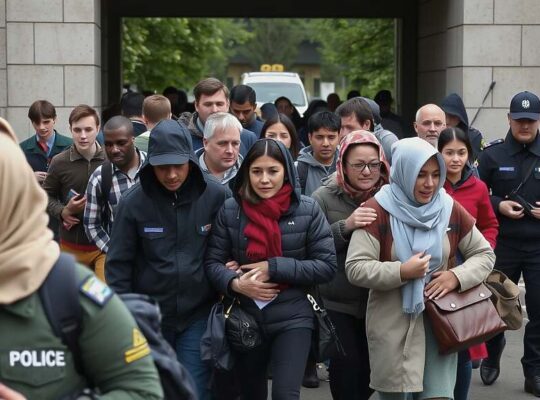The German Federal Ministry of Agriculture, spearheaded by CSU Minister Alois Rainer, is poised to significantly expand wolf hunting permissions across the nation, according to a draft proposal for an amendment to the Federal Hunting Act revealed to “Tagesspiegel Background”. The move, sharply criticized by environmental groups and animal welfare organizations, signals a hardening of the government’s stance on wolf management following years of contentious debate.
The proposed legislation outlines a regular hunting season for wolves spanning from September 1st to February 28th of the following year. This timeframe, considerably longer than previous regulations, is contingent upon the development of cross-regional management plans and confirmation that wolf populations within specific biogeographical regions remain in a “favorable conservation status” a designation recently reported to the European Commission for two of Germany’s three such regions.
Beyond the designated hunting season, the draft bill grants considerable latitude to regional hunting authorities. It proposes enabling them to order the culling of individual wolves or entire packs to preemptively avert agricultural and forestry damage, even in cases where demonstrable harm to livestock cannot be directly attributed to wolf activity. This provision has drawn particular ire, with critics arguing it undermines scientific data and opens the door to arbitrary and potentially ecologically damaging interventions.
The shift reflects a longstanding agreement within the governing coalition of the Christian Union (CDU/CSU) and the Social Democratic Party (SPD) to subject wolves to hunting laws and simplify hunting regulations. However, the intensity of the proposed changes-particularly the provision authorizing preemptive culling-is generating a political firestorm.
Opposition parties are already mobilizing, accusing the government of bowing to pressure from farming lobbies and disregarding the long-term ecological consequences of unchecked wolf population control. Concerns are being raised about the potentially destabilizing effect on wolf social structures and the risk of unintended consequences for biodiversity.
The draft’s advancement is likely to trigger a fierce debate in the Bundestag and an inevitable legal challenge from animal rights groups, highlighting the deep divisions surrounding wildlife management policy in Germany. Ecological experts are warning that the proposed changes prioritize short-term political expediency over sustainable and scientifically sound conservation strategies.












